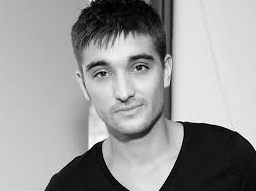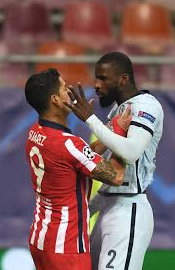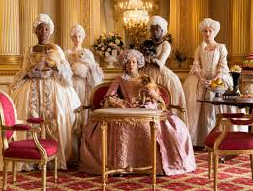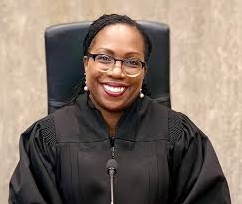
Royal couple takes part in first digital plaque unveiling at tech giant’s new King’s Cross campus
Camilla used smart technology to keep an eye on Prince Charles as they toured Meta’s new London headquarters in King’s Cross. During the visit, the Duchess of Cornwall wore a pair of Ray-Ban smart glasses, which can take photos, record videos, listen to music, make calls, and more. Smiling at her husband, she remarked, “I can hear what you are saying,” demonstrating the tech’s capabilities.
The royal couple took part in their first digital plaque unveiling to mark the official opening of Meta’s new campus, which spans over 620,000 square feet of office space and accommodates almost 5,000 workstations. Their visit included a tour of Meta’s innovative “reality lab,” whimsically named Spider-Ham after cartoon characters. There, they explored cutting-edge technologies, including a virtual reality headset that allows users to explore historical sites, learn about cultural landmarks, and travel to destinations virtually.
Charles was introduced to various technological advances, such as WhatsApp chatbots that are being implemented globally to provide reliable information and improve social welfare. One of these projects includes a loneliness chatbot developed with the Jo Cox Foundation, which connects users to local resources and support networks.
Additionally, they learned about Meta’s efforts to improve online safety, including the 2Africa subsea cable project. This global initiative aims to connect three billion people across Africa, Europe, and the Middle East with affordable, high-speed internet access.
During their visit, the royal pair were briefed on Meta’s humanitarian efforts in Ukraine, with Facebook Groups supporting Ukrainian refugees by offering vital services such as emergency relief and connecting communities. Over five million people have joined 4,000 groups to provide resources like housing, legal advice, and medical aid since the war began, according to Meta’s data.
Camilla also engaged with Facebook groups supporting parents and families in their communities, with a combined membership of more than 200,000 people. Additionally, she recorded a conversation for her Reading Room account on Instagram, highlighting her dedication to community-building and outreach.
After the visit, Nicola Mendelsohn, Meta’s vice president of the global business group, commented: “It is not just that we are leading on innovation that we are proud of but that we are doing it in a thoughtful and meaningful way as well.” She added, “At our heart our company is about people, it is about community and it’s about connections.”




















Comments
Hello world!
Pic of the week: Sunset at margate beach
The first day’s journey was through the pink fields
The first day’s journey was through the pink fields
The first day’s journey was through the pink fields